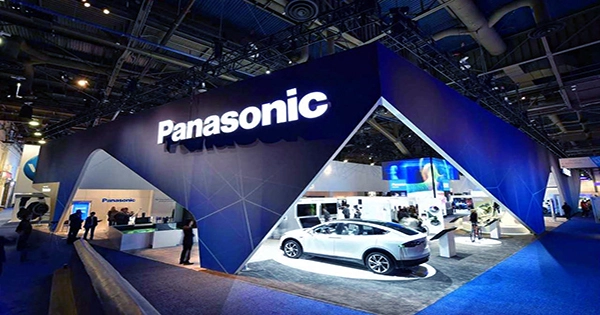Panasonic might begin mass-producing higher-capacity Tesla batteries as early as next year. The 4680 cell expected to increase the range of electric vehicles by more than 15%. According to Nikkei, this could increase the Model S’s range from 650km (404 miles) to 750km on a single charge (around 465 miles). According to Nikkei, the battery is twice as huge as earlier generations, yet it boasts a fivefold increase in energy capacity. As a result, automobiles require fewer batteries, which are currently 10 to 20% less expensive to manufacture. Batteries are anticipated to account for 30% of the cost of electric vehicles.
A cost drop might make electric vehicles more affordable and speed the transition to them. Furthermore, having a greater range means drivers will not have to charge their batteries as frequently. Panasonic, a long-time Tesla collaborator, is said to be spending roughly 80 billion yen ($704 million) on new equipment to manufacture the 4680. It is rumored that it will be expanding an existing plant in Japan and producing the batteries there first.
According to Nikkei, the company will begin small-scale manufacture of the cells this year in order to develop safe and efficient processes before going into large production in 2023. It is possible that the batteries will be mass-produced in other countries in the future.
The company acknowledged to Reuters that it will build up a test manufacturing line in 2022, but did not disclose when it would begin mass-producing the batteries. “We’re looking into other mass-production solutions,” it claimed. Following a request from Tesla, Panasonic began developing the cell. Panasonic’s head of battery division stated in November that the company has not ruled out making the cell for other automakers, though Tesla is the company’s top focus.
Elon Musk, the CEO of Tesla, previously stated that while his business intends to manufacture its own batteries, it would continue to purchase them from third parties. This does not imply that Tesla is poised to abandon Panasonic entirely. In the short run, it still needs its partner, and Panasonic’s capability might be critical as Tesla increases its reach. Panasonic may want to have a backup plan in case it is not the center of Tesla’s universe any longer.














